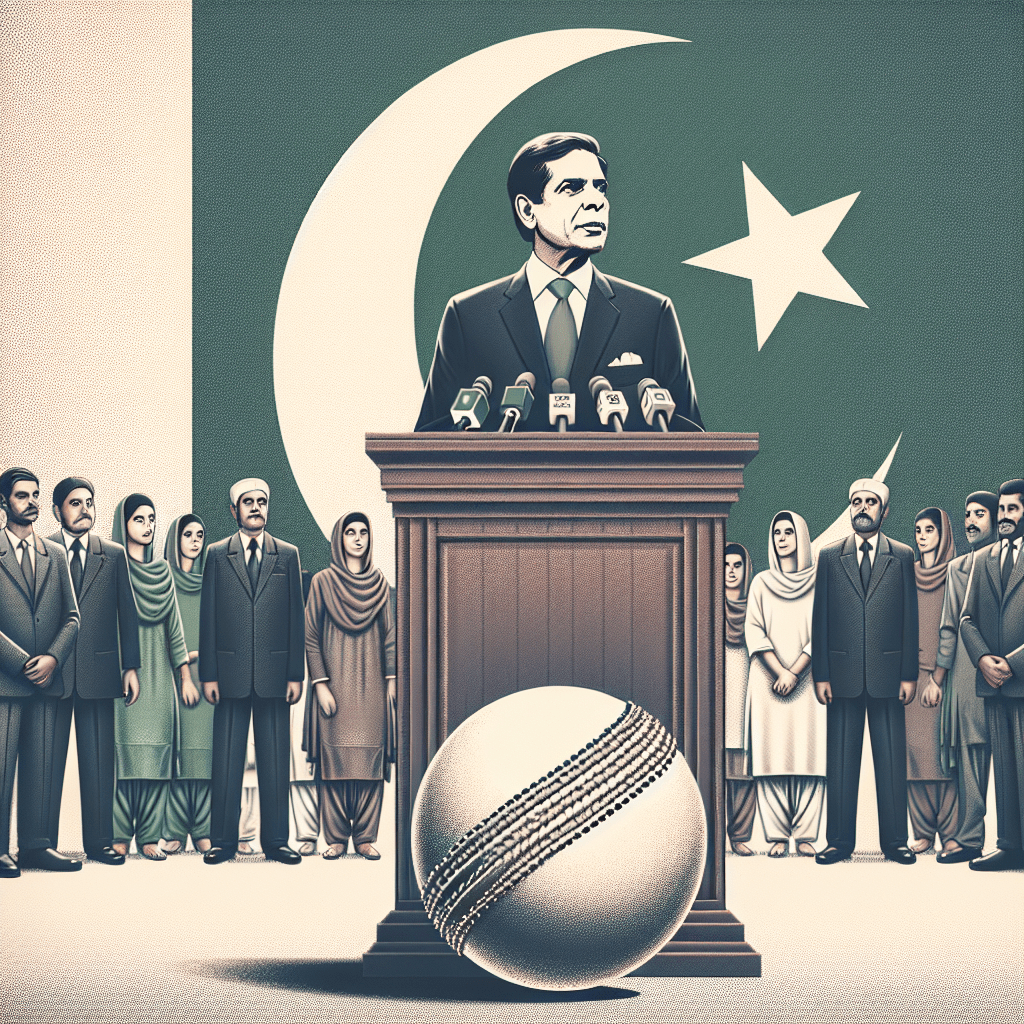The Political Journey of Imran Khan: From Cricket Hero to National Leader
Introduction: The Rise of Imran Khan
Imran Khan’s journey from celebrated cricket star to a significant political leader reflects a story of relentless ambition and shifting disciples. In Pakistan, where politics and power dramas are a norm, Imran Khan has maintained a compelling narrative, emphasizing anti-corruption and change. This article seeks to explore the different facets of Imran Khan’s political life, keeping biases aside, to give a neutral perspective on his influence and aspirations for Pakistan’s future.
Cricketing Laurels: Imran Khan’s Formative Years
Before delving into the political landscape, it’s crucial to understand the formative influence of cricket on Imran Khan’s personality. His cricket career functioned as both a catalyst for his leadership skills and as the foundation for his wide-ranging popularity among Pakistanis. Under his captaincy, the Pakistani cricket team secured the World Cup in 1992, catapulting him to national hero status. This sporting triumph engendered a sense of unity and pride within Pakistan—emotions which later translated well into the political sphere.
Transition into Politics: The Introduction of PTI
After retiring from cricket, Imran Khan founded his own political party in 1996, the Pakistan Tehreek-e-Insaf (PTI), which translates to Pakistan Movement for Justice. His brand was initially focused on anti-corruption, establishment of the rule of law, and creating a welfare state based on the model of Islamic democracy. Admittedly, PTI struggled in its initial years to gain electoral significance; however, it gained momentum over time as the public’s discontent with traditional parties grew.
Political Struggles and Steadfastness
It took Khan over two decades and three general elections to obtain substantial political power. Before his eventual success in the 2018 general elections, Khan faced many setbacks both personally and politically—with criticisms often aimed at his perceived lack of political acumen and experience. Nevertheless, Khan remained steadfast in his vision for a ‘New Pakistan’, rallying especially the youth with promises of change and redemption from corrupt governing practices.
Prime Minister of Pakistan: A Change in Governance?
Khan’s assumption of Premiership after a triumphant win in the 2018 elections signaled the nation’s shift away from dynastic politics towards what many hoped would be an era of reformed governance. Khan’s government initiated various policy reforms including economic belt-tightening measures, environmental initiatives like “Billion Tree Tsunami”, and efforts regarding transparency in governance. During his tenure, however, he encountered much opposition concerning economic management and foreign relations.
Challenges and Controversies
His period in office faced many stumbling blocks, notably economic upheaval, management during the Covid-19 pandemic crises, diplomatic tumults particularly regarding India, as well as internal party divisions within PTI. Moreover, perception mishandlings such as ‘U-turns’ — or reversing policy decisions—and failure to curb inflation marked considerable criticisms against his governance.
Public Reaction and Influence on Pakistani Society
It’s worth noting that while many criticized Khan’s policies and leadership style, he continued to have ferocious support amongst particular demographics of Pakistani society—a division signifying the polarizing impact of his leadership on national consensus.
Imran Khan: Hold On or Toppled Again?
Throughout Imran Khan’s political innings led by PTI further chaos unfolded. Facing challenges to his rule by way of no-confidence motions and intricate inter-political chess moves showcased stark indicators leading to potentially significant political switchovers and unavoidable tussles for power.
